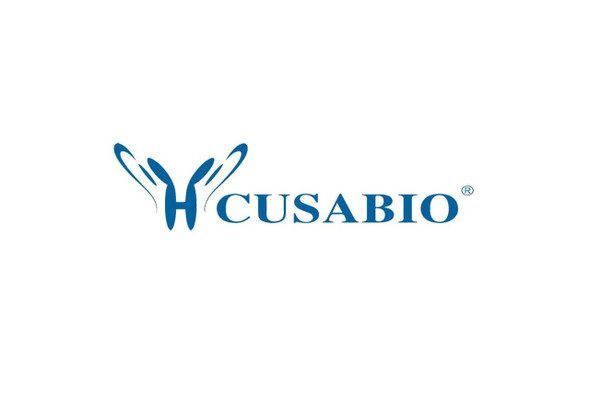Cusabio Polyclonal Antibodies
ULK1 Antibody, FITC conjugated | CSB-PA025612LC01HU
- SKU:
- CSB-PA025612LC01HU
- Availability:
- 3 to 7 Working Days
Description
ULK1 Antibody, FITC conjugated | CSB-PA025612LC01HU | Cusabio
ULK1 Antibody, FITC conjugated is Available at Gentaur Genprice with the fastest delivery.
Online Order Payment is possible or send quotation to info@gentaur.com.
Product Type: Polyclonal Antibody
Target Names: ULK1
Aliases: Serine/threonine-protein kinase ULK1 (EC 2.7.11.1) (Autophagy-related protein 1 homolog) (ATG1) (hATG1) (Unc-51-like kinase 1), ULK1, KIAA0722
Background: Serine/threonine-protein kinase involved in autophagy in response to starvation. Acts upstream of phosphatidylinositol 3-kinase PIK3C3 to regulate the formation of autophagophores, the precursors of autophagosomes. Part of regulatory feedback loops in autophagy: acts both as a downstream effector and negative regulator of mammalian target of rapamycin complex 1 (mTORC1) via interaction with RPTOR. Activated via phosphorylation by AMPK and also acts as a regulator of AMPK by mediating phosphorylation of AMPK subunits PRKAA1, PRKAB2 and PRKAG1, leading to negatively regulate AMPK activity. May phosphorylate ATG13/KIAA0652 and RPTOR; however such data need additional evidences. Plays a role early in neuronal differentiation and is required for granule cell axon formation. May also phosphorylate SESN2 and SQSTM1 to regulate autophagy (PubMed:25040165) .
Isotype: IgG
Conjugate: FITC
Clonality: Polyclonal
Uniport ID: O75385
Host Species: Rabbit
Species Reactivity: Human
Immunogen: Recombinant Human Serine/threonine-protein kinase ULK1 protein (602-715AA)
Immunogen Species: Human
Applications: ELISA
Tested Applications: ELISA
Purification Method: >95%, Protein G purified
Dilution Ratio1:
Dilution Ratio2:
Dilution Ratio3:
Dilution Ratio4:
Dilution Ratio5:
Dilution Ratio6:
Buffer: Preservative: 0.03% Proclin 300
Constituents: 50% Glycerol, 0.01M PBS, pH 7.4
Form: Liquid
Storage: Upon receipt, store at -20°C or -80°C. Avoid repeated freeze.
Initial Research Areas: Signal Transduction
Research Areas: Neuroscience;Cardiovascular;Metabolism;Signal transduction






